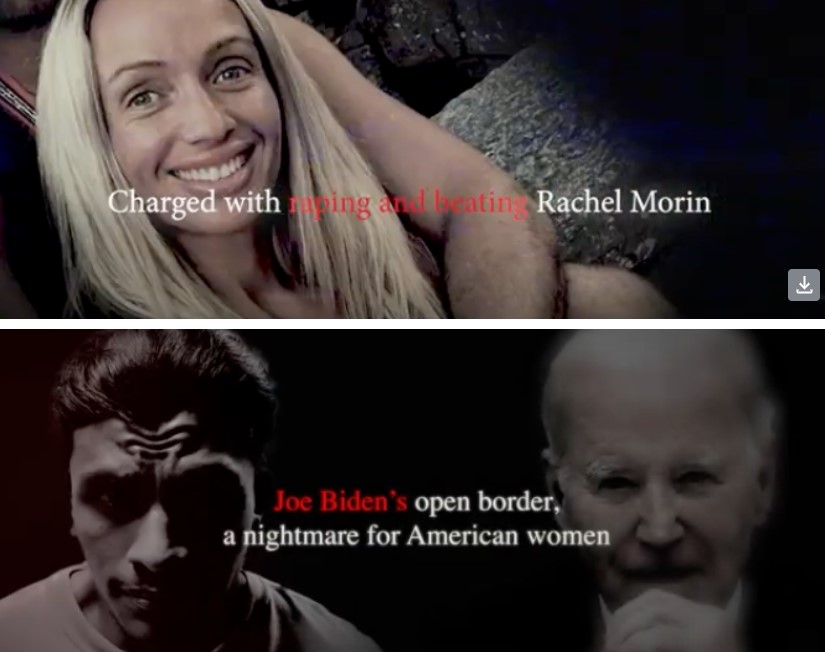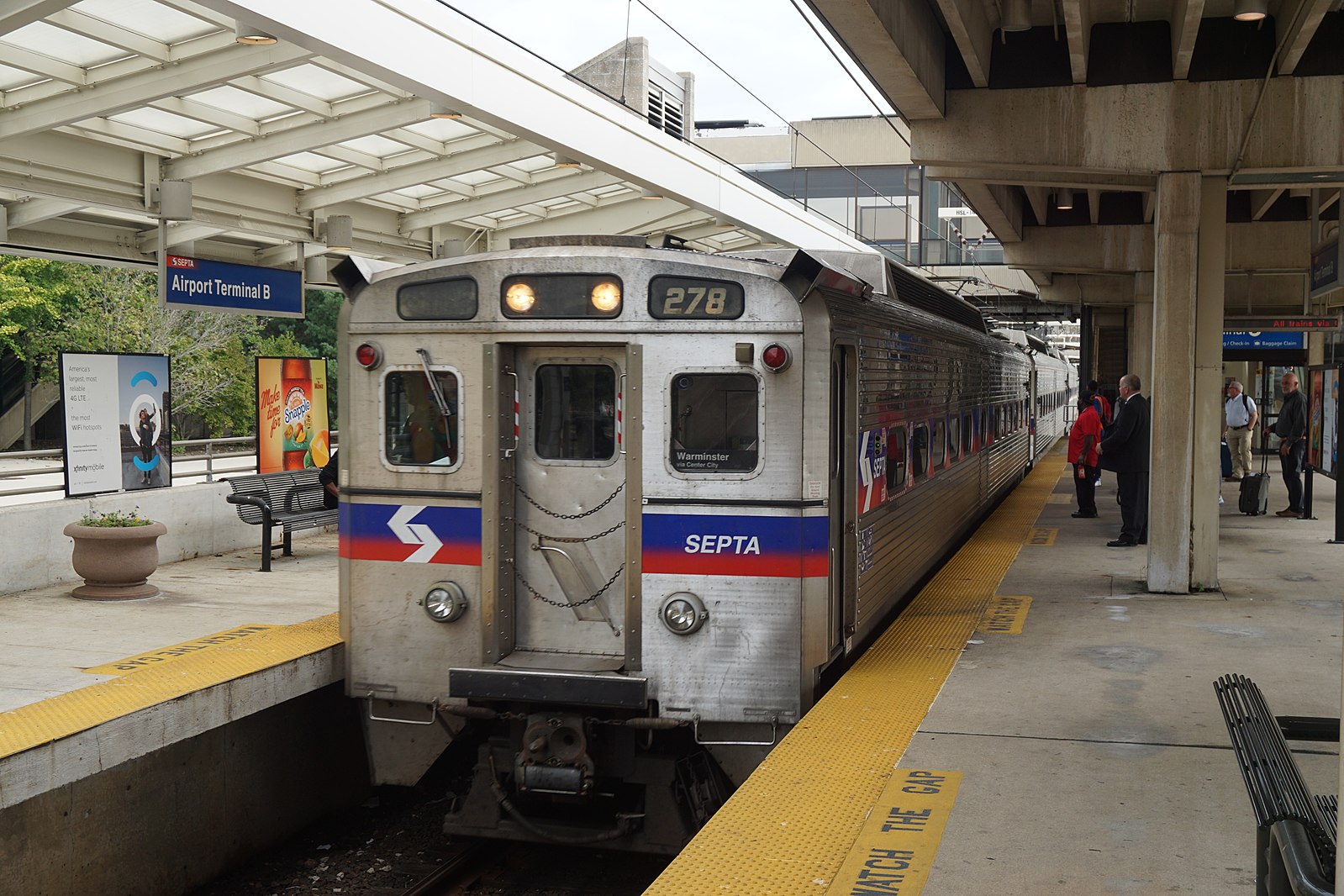New Ad Campaign Highlights Women Murdered by Illegal Immigrants, Blames Biden

As Pennsylvanians get ready to watch the first presidential debate Thursday night, they’re being treated to scary anti-immigration ads that castigate President Joe Biden over his open border policy, saying it’s led to the deaths of American women.
Conservative nonprofit Building American’s Future (BAF) says the ads are running in the swing states of Arizona, Georgia, Michigan, Nevada, North Carolina, and Wisconsin, as well as Pennsylvania.
The ad campaign, “Joe Biden’s open border—a nightmare for American women,” tells the story of how an illegal immigrant who was already wanted for murder was released into the U.S. by the Biden administration. He allegedly went on to kill Maryland mother of five Rachel Morin.
The video ad anchoring the buy, entitled “Again,” closes by saying: “Rachel Morin. Laken Riley. And countless others. They should be alive. Joe Biden’s open border — a nightmare for American women.”
“Again” tells how the immigrant from El Salvador allegedly raped and killed Morin, leaving five children without their mother. Victor Antonio Martinez-Hernandez was charged last week. Morin had been on a run when she met her demise.
“Again,” a 60-second digital ad, follows “Run,” Building America’s Future’s viral ad featuring Laken Riley, who was also jogging when she was killed by an illegal immigrant. “Run” aired during Biden’s State of the Union address. “Run” garnered even more attention after CNN refused to air it. It was the only major cable news network that refused to air it.
The media buy also includes mobile billboards and 2D projections on famous buildings displaying portions of the ad in major metro areas of Atlanta, Greensboro, N.C., and Philadelphia. The paid media campaign around the debate runs from June 26 – 28 and will total more than $200,000.
Polls show Biden is vulnerable on the border chaos issue. A Morning Consult poll released earlier this month found former President Donald Trump with a 7-point advantage over Biden on who voters trust more to handle immigration. Among independents, Trump has a 22-point lead.
”These ads reinforce what almost all of us know: our southern border is wide open and too many of the people who snuck in have no regard for our laws or our lives,” said Guy Ciarrocchi, a conservative strategist and columnist for Broad+Liberty. “The ads explain the real impact of unsecured borders. The goal is less about having Biden voters change their minds; but rather, to remind those leaning to Trump why they can’t vote for Biden.”
Those concerns are apparently shared by Hispanic voters as well. A recent Equis poll of Latino voters in seven battleground states — including Pennsylvania — found 41 percent trusted Trump on immigration, as opposed to 38 percent for Biden.
“The disaster on the southern border Biden has caused is on a lot of minds. While it doesn’t require a lot of reminders, every opportunity to point out the horrible consequences of Biden’s failed policies is important,” said Charlie Gerow, a longtime Republican consultant.
The “AGAIN” spot says:
“It just keeps happening…
Laken Riley wasn’t the first.
And in Joe Biden’s America, sadly, she won’t be the last.
REPORTER: Also this morning, a major break in the murder case of a Maryland mother, the suspect was in this country illegally. He’s expected to be charged in the murder and rape of Rachel Morin.
Illegal immigrant Victor Hernandez.
He was wanted for murder… but Biden let him in.
REPORTER: Entered the country illegally after reportedly murdering a young woman in El Salvador.
REPORTER: He assaulted a 9-year-old girl and her mother at a home in Los Angeles.
Now, he’s charged with raping and beating Rachel Morin, mother of five, to death.
Rachel Morin. Laken Riley. And countless others.
Joe Biden’s open border — a nightmare for American women.”
Biden’s campaign declined to respond to a request for comment.
Please follow DVJournal on social media: Twitter@DVJournal or Facebook.com/DelawareValleyJournal















